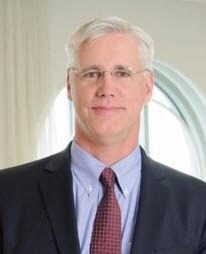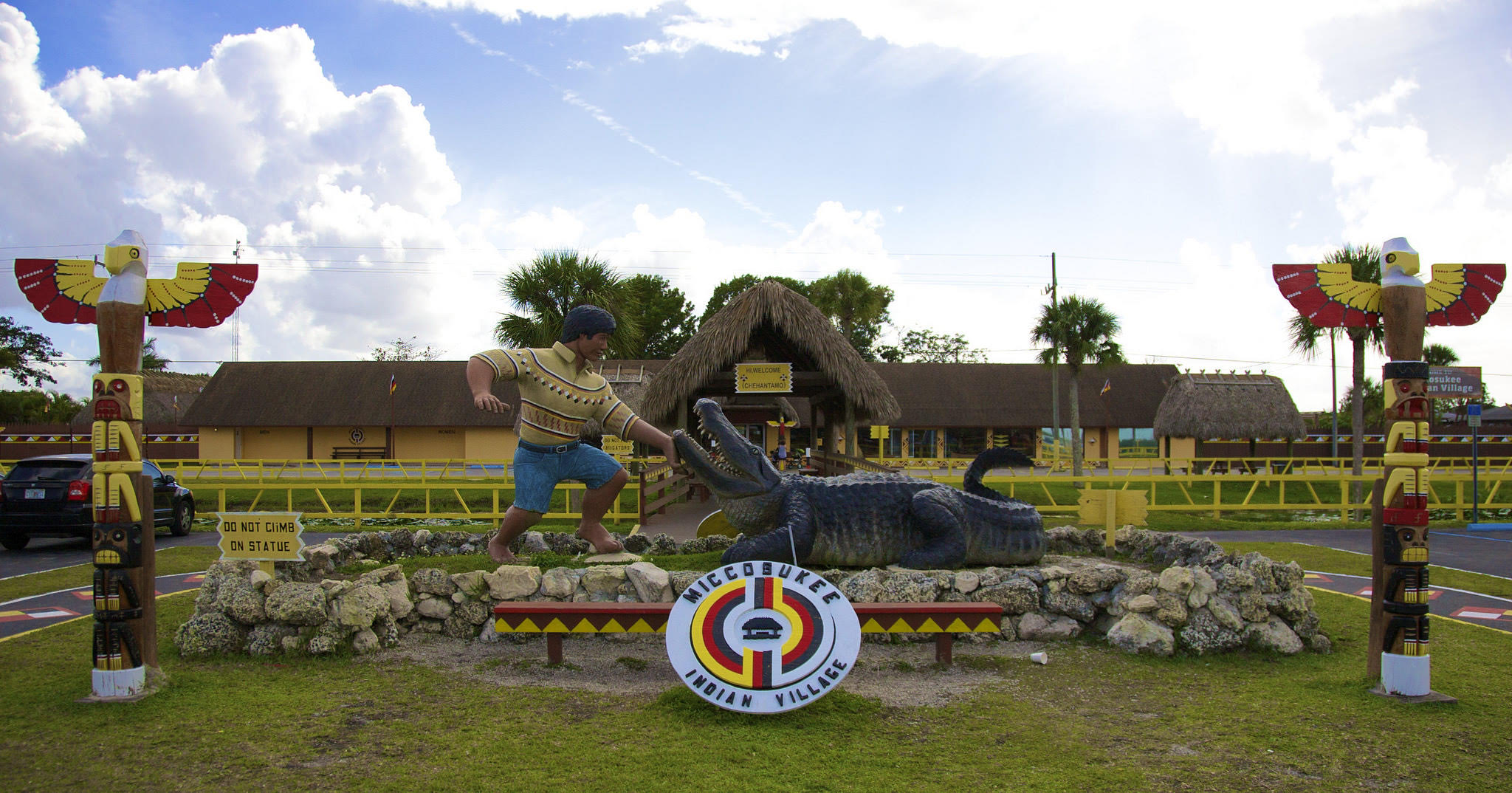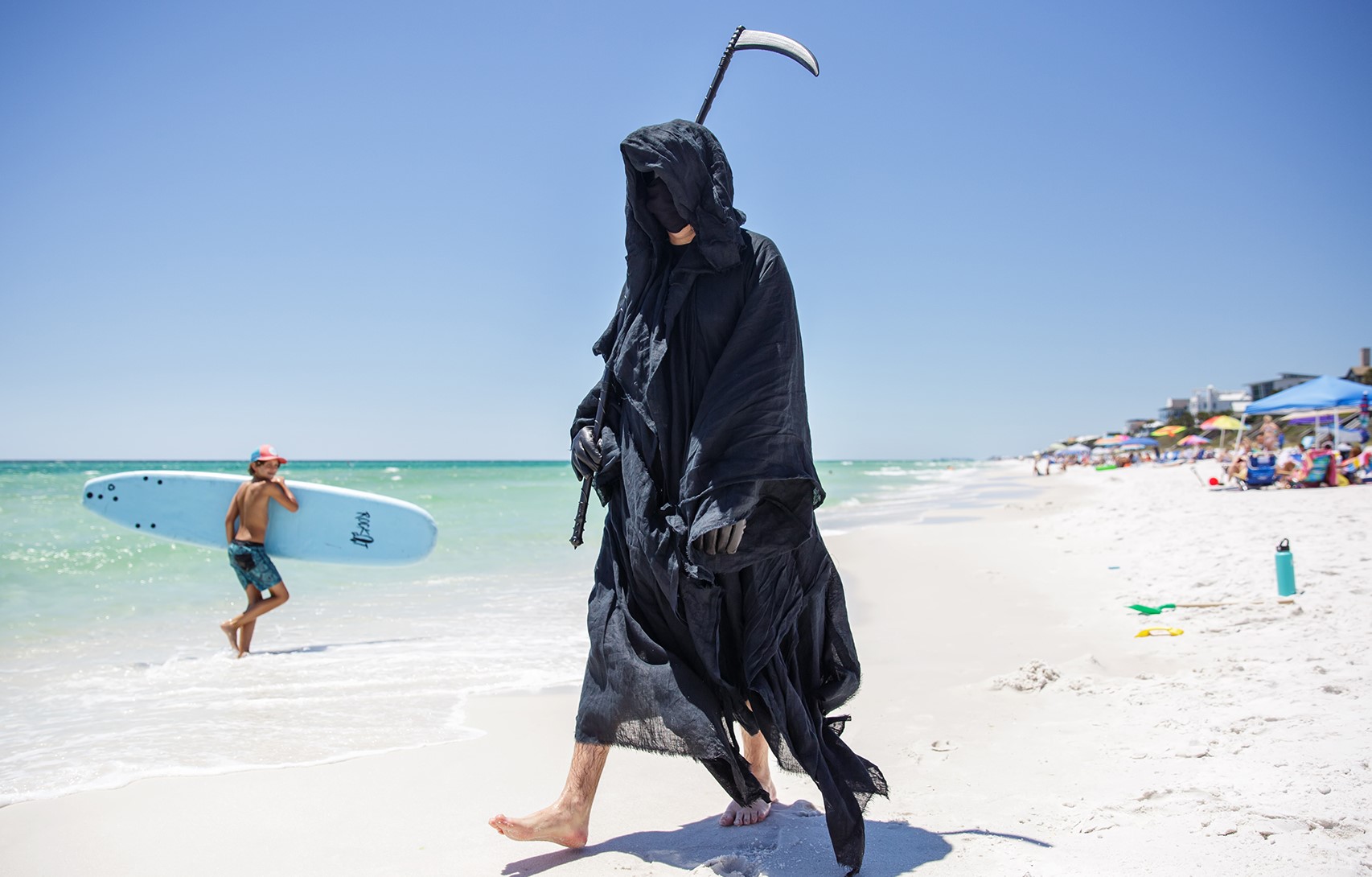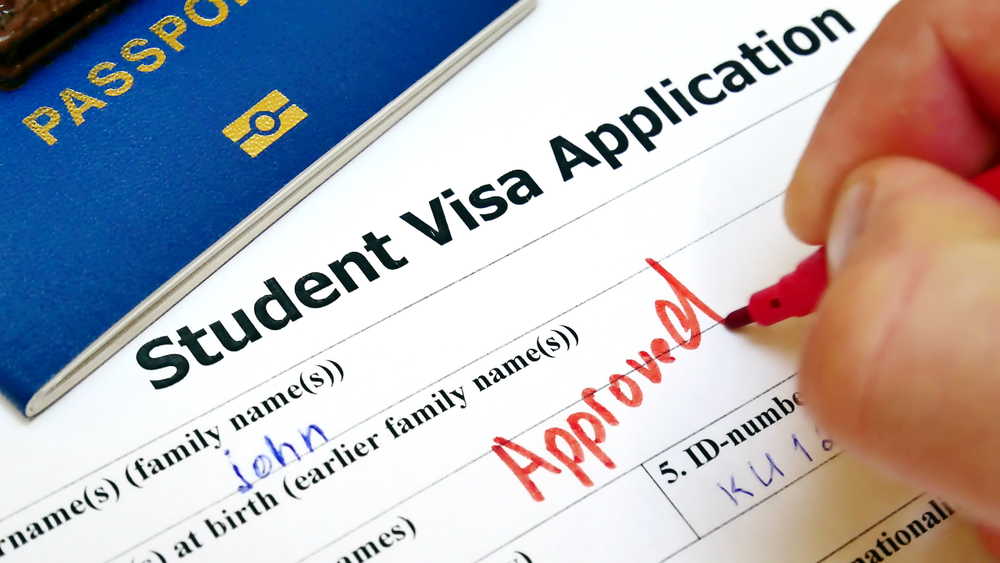The Miccosukee Tribe is wrangling with the U.S. Department of Treasury over coronavirus relief funds it claims the federal government stiffed it when allocating the money to more than 570 tribes across the country.
The South Florida tribe claims it is entitled to $2 million in Coronavirus Aid, Relief and Economic Security Act funding, not the $100,000 it was allocated by the federal government, according to a lawsuit in U.S. District Court in Miami.
The tribe argues the Treasury Department used an incorrect database, which lists its members as zero, to determine the disbursement amount. It also claims the federal government should have distributed the $8 billion set aside for tribal governments in CARES Act funding based on increased expenditures of each tribal government. Tribes with less than 37 members received $100,000.
RELATED: Divorce spiking during pandemic
RELATED: Businesses find insurance doesn’t cover pandemic
The tribe, which has a population of 605 as stated in court documents, doles out upwards of $160,000 every year to each of its 605 members with cash generated from a lucrative casino operation in Miami-Dade County that rakes in an estimated $72 million to $106 million annually, according to a 2016 story published by The Miami Herald.
The federal government used the American Indian/Alaskan Native (AIAN) population count — which listed the Miccosukee population as zero— to calculate the relief package. The federal government should have relied on tribal population data maintained by the U.S. Department of the Interior and the tribe’s tax filings with the Treasury Department, said the tribe’s Atlanta-based attorney, George Abney of Alston & Bird.

“The tribe does not know exactly why its AIAN population count was listed as zero in the U.S. Department of Housing and Urban Development document relied on by Treasury,” Abney said. The count “was so obviously incorrect that it should have been immediately disregarded by Treasury in favor of more accurate population data listed on the same page of the same HUD document.”
The tribe is asking a judge to order the Treasury Department to use a correct count and allocate funding based on increased expenditures incurred and award reasonable attorney fees and costs.
The tribe is also asking a judge to agree that the Treasury Department’s “ongoing refusal to correct the known and obvious population-count error was arbitrary, capricious, an abuse of discretion and otherwise not in accordance with procedural requirements,” the suit states.
“The Miccosukee Tribe is threatened with imminent, irreparable injury as it will be unable to avoid significant and irretrievable medical and public health expenses in responding to the COVID-19 pandemic as it continues to provide essential services to its citizens residing on and off its tribal lands,” the suit states. Neither the lawsuit nor Abney specified the monetary amount of losses the tribe incurred because of COVID-19.
The tribe penned letters to the White House and Treasury Department requesting them to help remedy the issue. Florida Senators Marco Rubio and Rick Scott were copied on the letter.
The White House, Rubio and Scott did not respond to requests for comment. The Treasury Department declined to comment on the pending litigation.
The government gave the Broward County-based Seminole Tribe of Florida, which operates several casinos across the state, roughly $5.9 million based on the same count, according to a Harvard University study. The Seminole Tribe has more than 2,000 members living on and off six reservations in Florida, according to state data.
Abney is hopeful the lawsuit will be resolved swiftly as the clock ticks, adding time is of the essence. The federal government has already started distributing funds to tribal governments.
“Treasury can resolve the case immediately by correcting the clear and obvious error it made in distributing CARES Act funds to the Miccosukee Tribe,” Abney said. “If Treasury fails to do so, the tribe will seek a resolution from the court as quickly and as efficiently as possible.”












